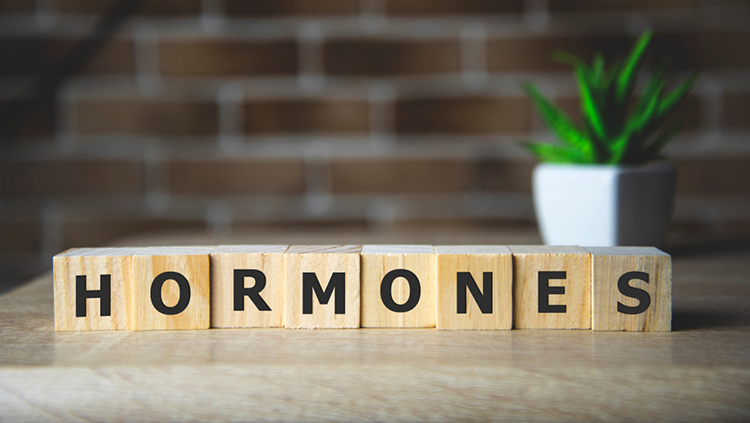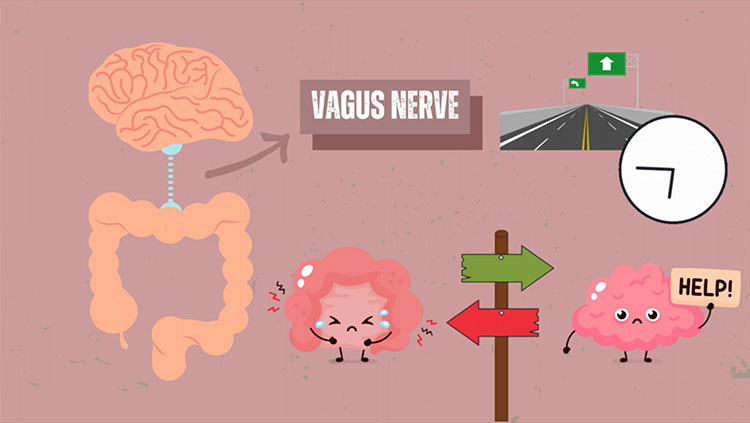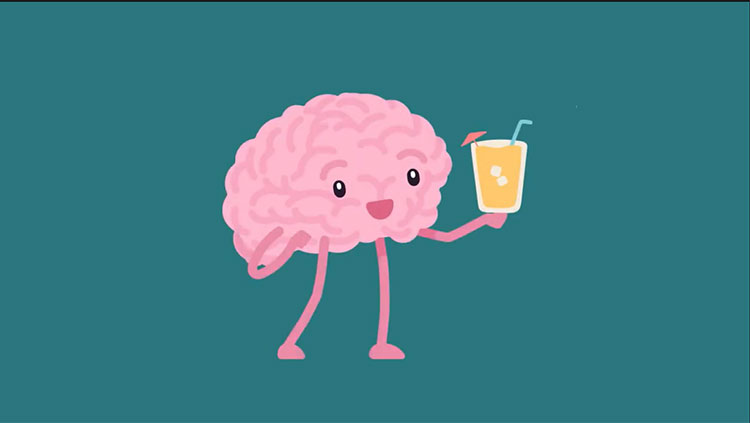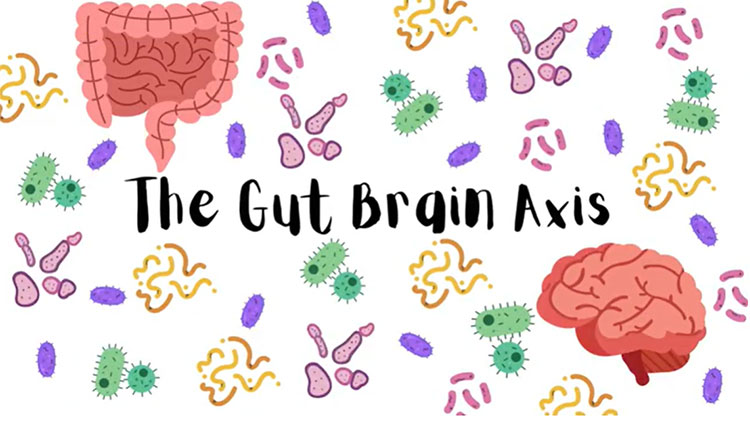Beautiful music doesn’t cause goosebumps — dangerous music does. At least, that’s what your brain thinks.
Storyboard and animation produced by Midnight Snacks for BrainFacts.org.
Scripting by Michael W. Richardson and Juliet M. Beverly.
Editorial Production by Hannah Zuckerman and Juliet M. Beverly.
CONTENT PROVIDED BY
BrainFacts/SfN
Transcript
Your favorite singer hits a high note after a series of vocal runs that only they can do.
There’s a sudden variation on a cello riff and the music ends in a victorious crescendo. What a thrill!
What’s that? A staccato-like tingle flows through your body.
You get a shiver down your spine.
You got goosebumps. What’s happening here?
Just a little evolutionary holdover from our hairier ancestors.
Way back in the day when humans had less shelter and more exposure to the elements — including wild animals — a hairy body was like fur.
If a breeze blew, the hairs would rise up and fall back, trapping warmer air against their bodies, keeping them cozy.
It also served as a tactic against lurking predators or rival hunters waiting to pounce — the body hair rises to make them look bigger and more menacing — hopefully scaring off enemies or a very sharped-toothed creature.
All that hair raising is called piloerection — the technical term for goosebumps.
Tiny muscles near your hair follicles can cause hair to stand on end when activated by our sympathetic nervous system — a branch of our nervous system that helps mobilize energy we need to respond to stress, like our fight-or-flight response when we’re in dangerous situations.
Some musical moments trigger our sympathetic nervous system into action even though there is no actual danger.
While your brain is processing your favorite rendition of a song — the rhythm, melody, and how it makes you feel — it’s also processing the sound music makes.
So, the unexpected runs, riffs, and ranges may cause alarm.
Since your brain is ready to get your body into action to face threat at any time, that high note raises your hair a little.
Faster than you can blink your eye, your brain has assessed the situation and determined there is no emergency. It’s an opera.
Taking in this unexpected inspiration from the music, the brain releases dopamine, making you feel good — you get some goosebumps, without the anxiety.
</p.there’s>Also In Body Systems
Trending
Popular articles on BrainFacts.org

















